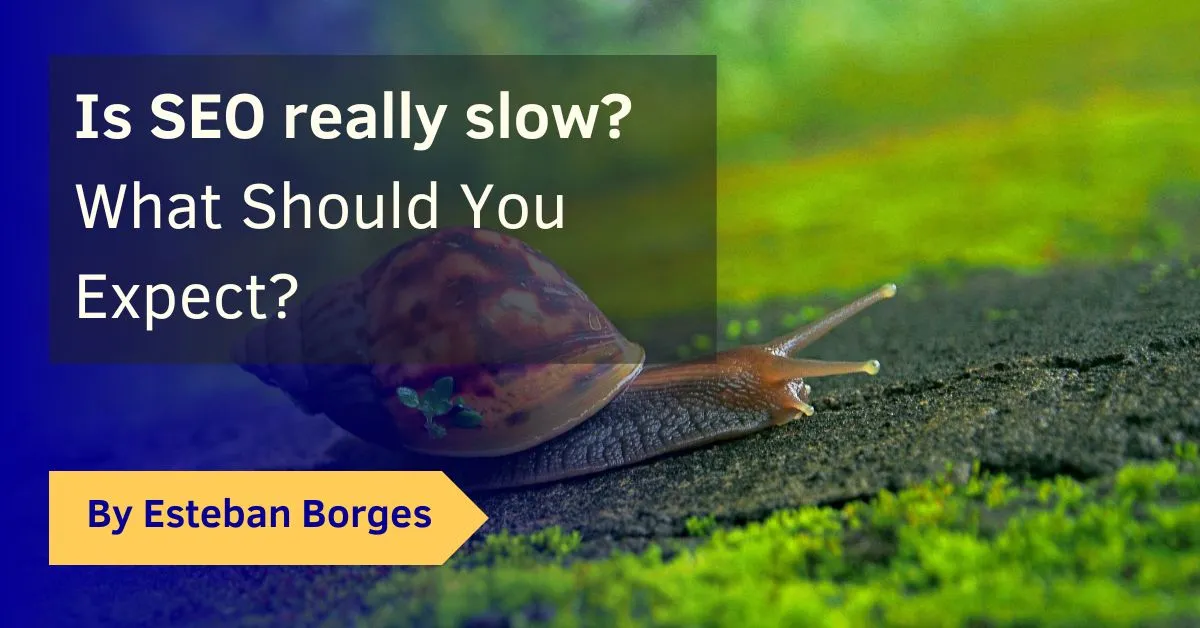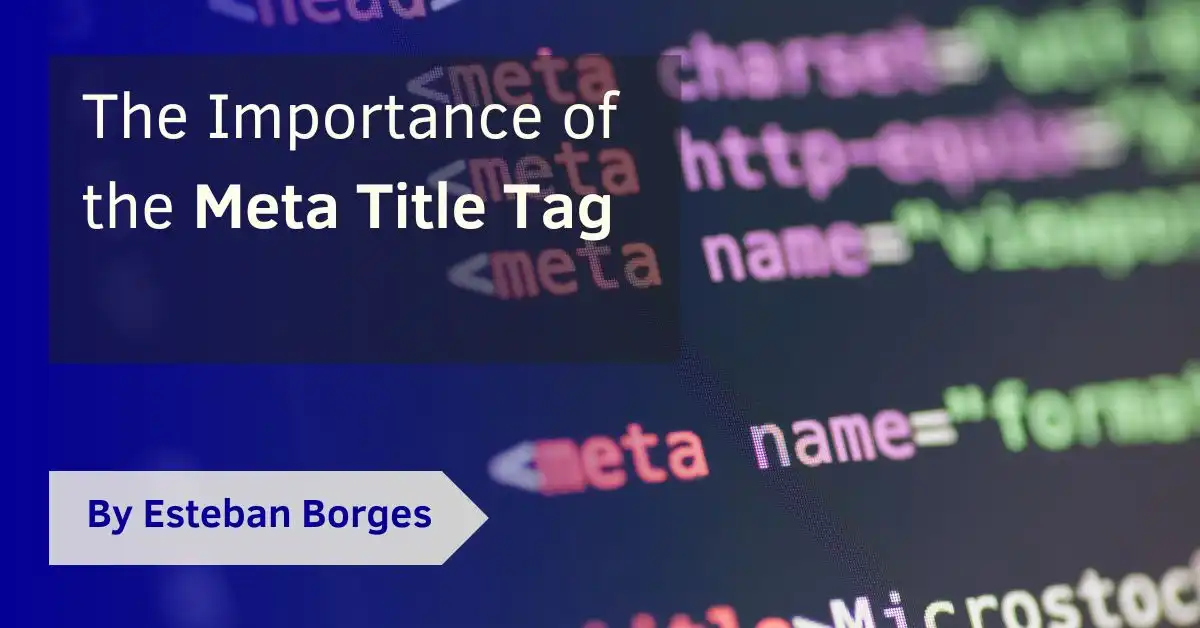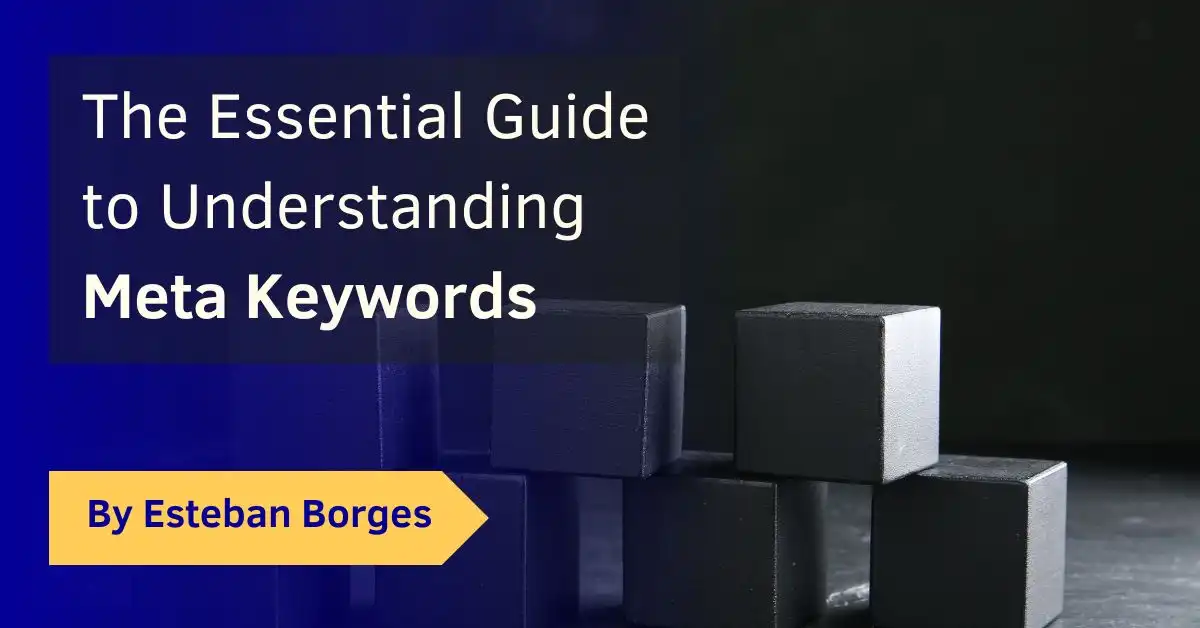In my two decades in the digital world, spanning roles from Technical Lead to Marketing Strategist, I’ve seen firsthand the transformative power of SEO. It’s a vital tool for growth in the digital landscape. However, a couple of common questions often arise: Is SEO slow? How much time does it take to see SEO results? Why does SEO take so long? Is SEO a slow process? Or does SEO take a long time?
From my time in startups and big companies, I’ve learned a lot about SEO, including how fast it works and its effects. Let’s dive into these questions.
Table of Contents
Why Can SEO Take Time?
It’s Like Learning a Secret Language
Imagine trying to crack a code that keeps changing. That’s SEO for you. It’s not just about using the right keywords; it’s about understanding Google’s complex and ever-evolving algorithm. The search engine giant, made almost 5K changes to its search algorithm in 2020 alone. This constant evolution means that SEO strategies also need to be dynamic and adaptive.
Writing Cool Stuff Takes Time
Quality content is the cornerstone of good SEO. It’s not something you can rush. According to Orbit Media’s 2022 study, it takes an average of 4 hours to write a blog post that really hits the mark. This time investment is crucial because Google prioritizes content that is not only relevant but also offers value to the reader.
And before you ask, yes, even with AI assistance, crafting relevant and high-quality content that aligns with user intent remains a challenging task, requiring hours of work. Furthermore, as AI, including ChatGPT and similar software, is not yet a perfect writer, it’s necessary to review everything it produces. In the end, this process may take more time than you initially expect.
It’s a Long Game
SEO is a journey, not a quick fix. It requires long-term commitment and consistent effort to achieve real results. One important thing to keep in mind is that executing an SEO strategy for an established website differs from doing so for a new site. As John Mueller from Google puts it, the effectiveness of SEO ‘depends’ on various factors.
Challenges: What Makes SEO Slow?
SEO’s pace can be influenced by various challenges, especially in larger companies. Here’s a closer look:
Bureaucracy and Processes
In big companies, the sheer number of processes and levels of bureaucracy can slow things down. Every change, no matter how small, often needs to go through multiple layers of approval. This can significantly delay the implementation of SEO strategies.
Diverse Stakeholder Interests
Large organizations usually have multiple stakeholders, each with their own priorities and perspectives. Aligning everyone’s interests and getting consensus on SEO strategies can be time-consuming.
Scale and Complexity
The larger the company, the more complex its website and digital footprint. Managing SEO for a vast array of products, services, and content across different regions and languages adds layers of complexity, making quick changes challenging.
Resource Allocation
Large organizations often juggle multiple projects simultaneously. Allocating the necessary resources – time, budget, and personnel – specifically to SEO can be a challenge, especially when competing with other high-priority initiatives.
Frequent Changes in Strategy
In dynamic industries, companies may frequently shift their strategies to stay competitive. This can lead to frequent changes in SEO priorities, making it hard to maintain a consistent, long-term focus.
Tough Competition
In highly competitive markets, standing out becomes even more challenging. If your website operates in a popular field like technology, fashion, or finance, you’re up against numerous other sites vying for the top spots. This increased competition can significantly extend the time it takes to see SEO results.
Starting Point Matters
The existing state of your website is a critical factor in how quickly you can see SEO improvements. A well-structured site with good foundational SEO practices can experience positive changes more rapidly than a site that needs extensive optimization.
Google’s Mood Swings
Staying on top of Google’s frequent algorithm updates is essential. Each change can impact how websites are ranked, making adaptability a key component of successful SEO strategies.
Can We Speed Up SEO Results?
Yes, it’s possible to accelerate SEO results, though it’s important to maintain realistic expectations. SEO typically requires time and consistent effort, but here are some strategies to potentially speed up the process:
- Focus on Long-Tail Keywords: SEMrush’s insights suggest targeting long-tail keywords – specific, less competitive phrases. These keywords often have lower search volumes but can be much easier to rank for, providing quicker wins in the SEO game.
- Optimize On-Page Elements: Ensure that all on-page elements like titles, meta descriptions, and headers are optimized for your target keywords. This can quickly improve your site’s relevance to search queries.
- Improve Site Speed and Mobile Responsiveness: Enhancing website performance and mobile-friendliness can positively impact your rankings and user experience. A study by Portent in 2023 revealed that improving site speed can lead to a 10% increase in conversion rates. This shows that even small technical enhancements can have a significant impact on your SEO performance.
- Create Quality Content Regularly: Regularly publishing valuable and relevant content can attract more traffic and encourage backlinks, which are critical for SEO.
- Use Internal Linking Smartly: Effective internal linking helps distribute page authority throughout your site and can improve the visibility of your pages.
- Leverage Social Media and Content Marketing: Promoting your content through social media and other marketing channels can increase its reach and potentially speed up the process of gaining backlinks and traffic.
- Conduct Technical SEO Audits: Regular audits can help identify and fix technical issues that may hinder your site’s SEO performance.
- Monitor Your Competitors: Understand what your competitors are doing right in terms of SEO and try to implement similar strategies.
- Engage in Strategic Link Building: Focus on acquiring high-quality backlinks from reputable websites in your industry.
- Utilizing tools like Google Analytics and Google Search Console: this is like having a GPS for your SEO journey. It provides valuable insights into what’s working and what isn’t, allowing for more informed and timely strategy adjustments.
Remember, while these strategies can speed up results, SEO is a long-term game.
What Should You Expect?
Patience is crucial in SEO. A study by Ahrefs shows that only about 5.7% of new pages rank in the top 10 of Google’s search results within a year of being published. This statistic underlines the fact that SEO is a long-term commitment.
SEO is about earning the trust of search engines. This process requires time and consistent work. It’s not a sprint but a prolonged journey of learning and adapting. Keep in mind that quick results are uncommon and true success in SEO demands a long-term, dedicated effort.
SEO is not a quick fix; it’s a journey. This journey can vary in speed, influenced by processes, resources, bureaucracy, and how organizations implement the necessary changes to their websites and apps. The aim is to make your web-based content appealing to Google’s search engine, with the ultimate goal of building trust in your site. Earning this trust comes from various factors, including creating engaging, expert content; using the right website structure and internal links; implementing technical SEO and UX best practices; link building; and understanding user intent, among other things.
Ultimately, and this is the most important part: it’s a philosophy of web presence! (Keep this in mind!) This approach is rooted in long-term vision and strategic thinking, not merely about manipulating algorithms for short-term gains. Both businesses and individuals who swiftly adopt this concept are the ones who win in the SEO game.



